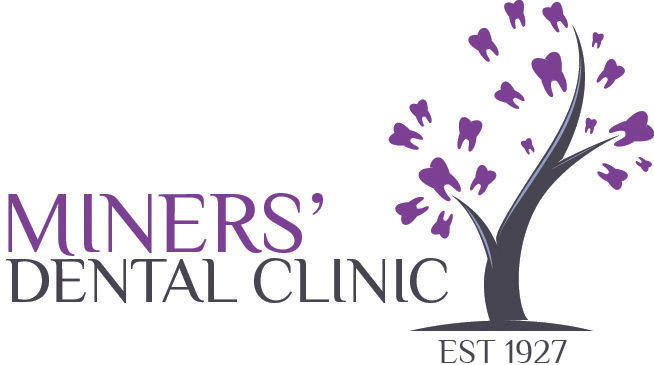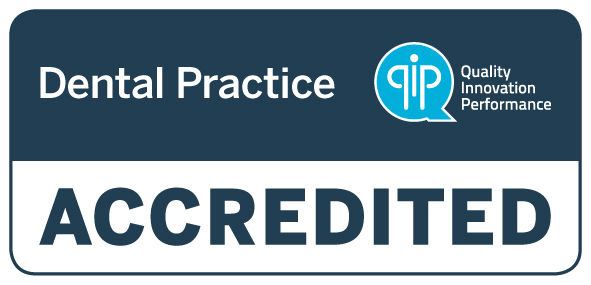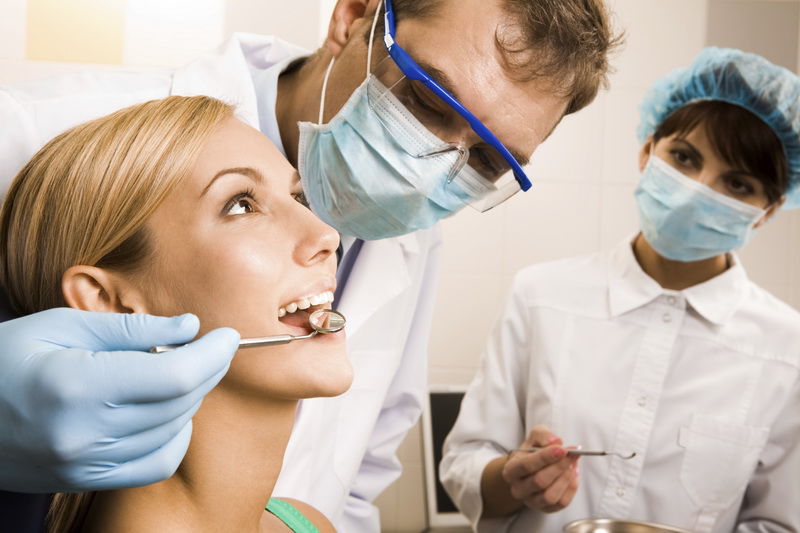If you're a dedicated gum health enthusiast, then the thought of gum recession is probably terrifying. After all, who wants to see their beautiful smile start heading south? Luckily for you, it's not too late! With proper preventive care and dedication to your oral hygiene routine, you can completely avoid the dreaded gum recession syndrome and keep that gorgeous smile intact for years to come. So if maintaining your healthy gums is a priority for you, then read on�we've got plenty of tips on how to steer clear from harmful strategies like DIY treatments or improper brushing techniques that lead to this troublesome dental issue.
What is gum recession?
Gum recession is a common gum disorder in which the gum tissue around the teeth wears away, exposing the roots of teeth and making them more vulnerable to decay and infection. It's caused by aggressive brushing, gum disease, misaligned teeth, hormones or genetics.
Symptoms of gum recession can include sensitive teeth, red and tender gums, gum pockets or receding gum lines. If left untreated it can lead to loosening and potential loss of teeth so it is important to visit your dentist for a regular check-up and for professional advice if you suspect gum recession. Early detection is key to keeping your gum line healthy.
What are the signs of gum recession?
Gum recession is a condition where gum tissue around a tooth is lost, resulting in teeth appearing longer and exposing the root area. There are many cases where gum recession can go unnoticed for long periods of time, as symptoms can be quite mild and mistaken for something else. The common signs to look out for include gum sensitivity when eating or drinking cold or hot foods, gum tenderness when brushing or flossing, gum lines receding from the teeth, less gum tissue present around the teeth or even gum pockets or empty spaces between the gum line and your teeth. If these symptoms persist, contact your dentist immediately and they can assess if you may have gum recession.
What causes gum recession?
Gum recession can occur for a variety of reasons. For example, poor oral hygiene such as inadequate brushing or flossing can lead to gum recession as it weakens gum tissue and creates an environment ripe for gum disease, like gingivitis. Another cause of gum recession is due to aggressive tooth brushing with a hard-bristled toothbrush which removes gum tissue over time.
Additionally, clenching or grinding your teeth can cause gum recession as continual pressure from the grinding motion wears away at gum tissue. Lastly, genetics may be a factor in gum recession as the shape of some people�s teeth makes them more prone to gum problems. To prevent gum recession and other gum diseases, it is important to practice good oral hygiene habits such as brushing your teeth twice daily and flossing regularly.
What is the treatment for gum recession?
Gum recession is a common gum disease that can occur from improper oral hygiene or gum inflammation. This condition can be painful and cause sensitivity to hot and cold food and beverages. Fortunately, treatment for gum recession has improved significantly over the years. Options now include gum surgery, gum grafting and regenerative materials that promote the growth of new gum tissue. Other treatments may involve eliminating the infectious bacteria causing gum inflammation, restoring lost gum tissue with platelet-rich fibrin or scaling and root planing. Consulting a dentist is key to understanding which treatment works best for each person�s unique gum recession situation.
How to prevent gum recession?
Gum recession can affect anyone, but fortunately, there are measures that you can take to prevent gum recession from occurring or getting worse. Be sure to visit your dentist regularly for professional examinations and cleaning. This helps keep gum health in check by detecting and removing plaque and tartar buildup before it causes gum tissue damage. To protect gum tissue at home, be sure to brush twice a day with a soft bristled toothbrush and use a dental floss at least once a day. Additionally, regular mouthwash usage keeps bacteria levels low, preventing gum infection and gum recession. Avoid smoking or chewing tobacco as this has been shown to increase the risk of gum recession. Finally, an important way to help reduce gum recession is eating a balanced diet that ensures adequate nutrition for gum as well as overall oral health.
Visit Miners Dental Clinic now
Thankfully, there are things you can do to help avoid gum recession. Be mindful of your brushing and flossing habits, eat a healthy diet, and visit our dental clinic for regular checkups. With proper preventive care, you can keep your smile healthy for years to come.


